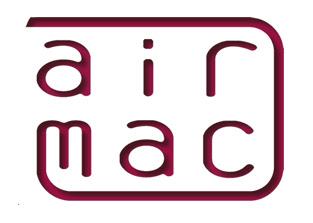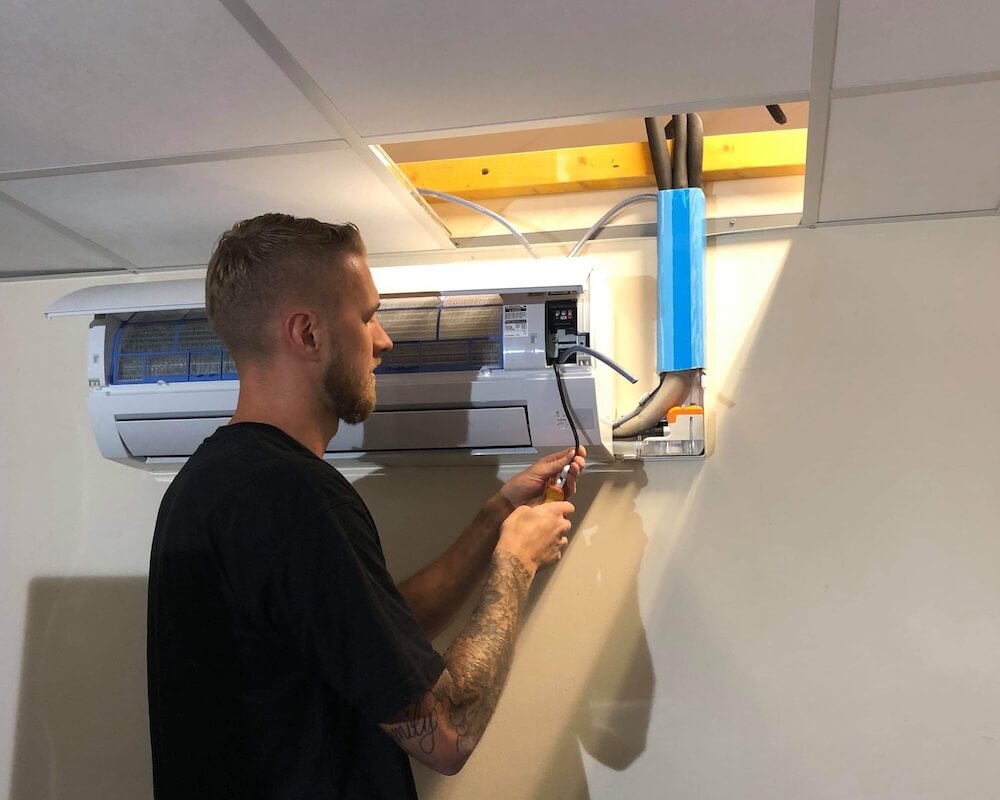
Air Conditioning, Chillers & Refrigeration
The right approach, implemented properly, will keep your Chiller, Air Conditioning and Refrigerant systems running efficiently, minimise the risk of breakdown and ensures your equipment operates at Optimum Efficiency.
Regular maintenance should be undertaken for optimum performance, good engineering practise and to check it’s operating within the manufacturer’s parameters.
Routine maintenance is vital so that we can also identify potential problems at an early stage.
Maintenance and energy management go hand in hand– both have the common objectives of:
Ensuring a building and its services continue to function reliably, efficiently and effectively
Ensuring the health, safety and comfort of occupants
Protecting and enhancing the value of investment in a building and its equipment
Airmac offer flexible, comprehensive service and breakdown packages to suit all your needs, from annual visits to more regular site visits.
We will respond to equipment breakdown call outs more often than not within hours of the call being received from a customer or a potential customer.
As well as offering maintenance and on-going servicing for new equipment and systems supplied and installed by ourselves, we are often asked to maintain and service units that we have not installed as we have built up an excellent reputation for reliability and efficiency in respect of the quality of maintenance we offer.
R22 Phase Out
Call us for a free no obligation survey
The EC Ozone Regulation has been recast and the new Regulation (EC/1005/2009) provides the legislative framework for EU Member States to meet their obligations under the Montreal Protocol.
This is the international agreement drawn up to halt damage to the ozone layer. The most harmful ozone-depleting substances (e.g. CFCs like R12) were banned in the 1990s. New equipment using less harmful “transitional” HCFC refrigerants like R22 were banned in 2001 (or 2004 for small air-conditioning systems). From the end of 2009 the use of virgin HCFCs to service and maintain existing refrigeration and air-conditioning (RAC) equipment was banned in all EC Member States
The two key phase out dates are:
From 1st January 2010
It was illegal to use virgin HCFCs to service RAC equipment. Only reclaimed and recycled HCFCs may be used. Supplies of recycled or reclaimed HCFCs might be very limited and very expensive. Note, this ban applies even if HCFC refrigerant was purchased before the ban date. It became illegal to use stockpiles of virgin HCFCs after the end of 2009, any stockpiled HCFCs should be returned to fluid suppliers for appropriate disposal.
From 1st January 2015
It is illegal to use any HCFCs to service RAC equipment – so recycled or reclaimed HCFC may no longer be used.
The ban on the use of virgin HCFC gases represents a very real business threat to any company which uses refrigerants like R22 or R408A in their processes or air conditioning systems. R22 remains one of the most commonly used refrigerants in the UK so many organisations are going to be affected by the ban. Sectors at greatest risk include the food and drink industry, petro-chemicals, pharmaceuticals, health, retail, hospitality, finance and data-processing. Typical applications can vary widely, but examples include refrigeration systems in supermarkets, blast chillers, cold stores and process coolers and many types of building air-conditioning as well as in transport refrigeration. Many of these applications are absolutely critical to the continued operation of their owner’s business.
It should be noted that the bans described above refer to the “use” of HCFCs. In terms of considering what action needs to be taken it should be noted that ‘use’ in relation to equipment containing HCFCs means – “the utilisation of controlled substances in the production or maintenance, in particular refilling, of products or equipment’’.
This means that it is permissible to carry on using equipment that contains HCFCs beyond the phase out dates, but there must be no maintenance or servicing undertaken on the equipment that involves breaking into the refrigerant circuits.
Given that most RAC systems leak to a certain degree, in practical terms this implies that any equipment that is of strategic importance to a business should not be using HCFCs by 2015 so all current users of HCFC systems must develop a plan to manage their operations without HCFCs. To do nothing is not a sustainable option given the serious implications and potential costs, businesses should follow a strategic approach.


